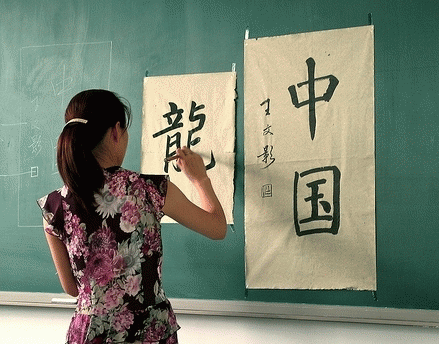>
If you are an
American or European citizen, chances are you've never heard about shengren,
minzhu and wenming. If one day you promote them, you might even
be accused of culture treason.
That's because these are Chinese concepts. They are often conveniently
translated as "philosophers", "democracy" and
"civilization". In fact, they are none of those. They are something
else. Something the West lacks in turn.
But that is
irritating for most Westerners, so in the past foreign concepts were quickly
removed from the books and records and, if possible, from the history of the
world, which is a world dominated by the West. As the philosopher Hegel once
remarked, the East plays no part in the formation of the history of thought.
But let us step back a bit. Remember what school told us about the humanities?
They are not the sciences! If the humanities were science, the vocabularies of
the world's languages would add up, not overlap. Does that surprise you?
I estimate that there are over 35,000 Chinese words or phrases that cannot
properly be translated into the English language. Words like yin and yang,
kung-fu and fengshui. Add to this another 35,000 Sanskrit
terminology, mainly from
In a recent lecture at
The correct Chinese translation of civilization should be chengshijishu-zhuyi.
Wenming is better, but untranslatable. It has been around for some
thousand years, too, while
Tourists and imperialists do not come to be taught. They call things the way
they call things at home. Then they realize that the names are not correct.
In many countries, adopting Chinese terminology is a taboo. Even the most
noble-minded thinkers, such as the Nobel laureate Hermann Hesse, warned the
Germans that "we must not become Chinese [...], otherwise we'd adhere to a
fetish."
Next is "democracy", a concept of Greek origin. The Hellenic
"civilization" failed a long time ago, of course. It's gone, while
While in
Up to the 20th century, the Europeans believed
Finally, the shengren is the ideal personality and highest member in
that family-based Chinese value tradition, a sage that has the highest moral
standards, called de, who applies the principles of ren, li,
yi, zhi and xin (and 10 more), and connects between all
the people as if they were, metaphorically speaking, his family.
The modern Chinese word for philosopher, zhexuejia, is nowhere to be
found in any of the Chinese classics. In fact, zhexuejia came to
As Slavoj Zizek once said: "The true victory (the true 'negation of the
negation') occurs when the enemy talks your language." The West would be
irrational to adopt Asian concepts. That would be like holding the candle to
The "barbarians" always had superior weapons and technology, but, as
Gu Hongming in 1920 noted, lacked true human intelligence. How's that? Well,
it's a bit like Star Trek wisdom: if prehistoric humanity evolved from the
beasts, then the most advanced human societies would be the least physically
aggressive ones, no?
In 1697, the German philosopher Leibniz famously argued that the Chinese were
far more advanced in the humanities than "we are". He never
specified, but, I think, it is all revealed when he urged all Germans that they
must not use foreign words, but use their own language instead (German is a
compound language, so it's an infinite source), in order to build and enlarge
the German-speaking world.
And so they did. And so the Germans rose to the top. As expected, the Germans,
the descendants of the Holy Roman Empire of German Nation, called Confucius a
"Heiliger" (a saint or holy man). Now, that's convenient. But
is it correct scholarship?
Since the European languages have their own histories and traditions, they
cannot sufficiently render Chinese concepts. The solution, I think, would be to
not translate the most important foreign concepts at all, but adopt them.
So that next time in international relations we could discuss how we're going
to improve minzhu in Europe, and how to help






